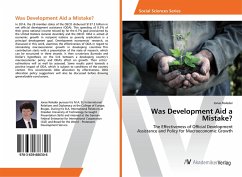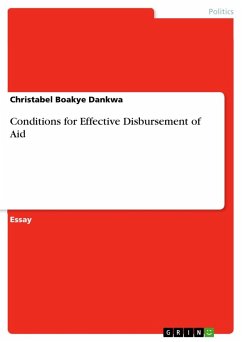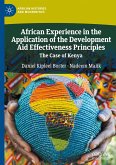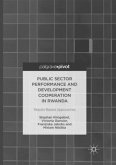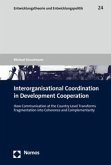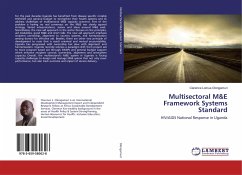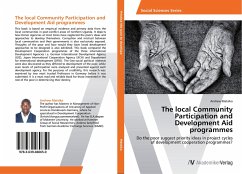In 2014, the 28 member states of the OECD disbursed $137.2 billion in net official development assistance (ODA). This spending of 0.3% of their gross national income missed by far the 0.7% goal proclaimed by the United Nations General Assembly and the OECD. ODA is aimed at economic growth in recipient nations as poverty eradication is a principal development goal. Development economists' research, as discussed in this work, examines the effectiveness of ODA in regard to stimulating macroeconomic growth in developing countries. This contribution starts with a presentation of the state of research, which can be structured in three strands. It then scrutinizes Burnside and Dollar's hypothesis on the link between a developing country's macroeconomic policy and ODA's effect on growth. Their critics' estimations will as well be assessed. Some results point towards a positive impact of ODA, which is subject to conditions of the country context. This recommends ODA allocation by effectiveness. ODA allocation policy suggestions will also be discussed before drawing generalizable conclusions.
Bitte wählen Sie Ihr Anliegen aus.
Rechnungen
Retourenschein anfordern
Bestellstatus
Storno

